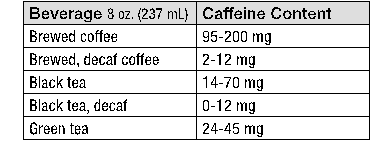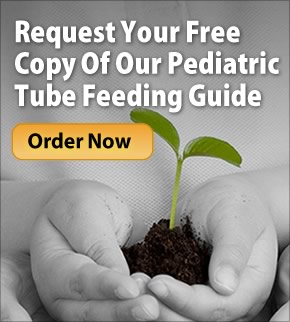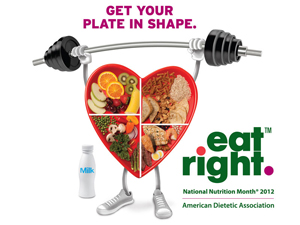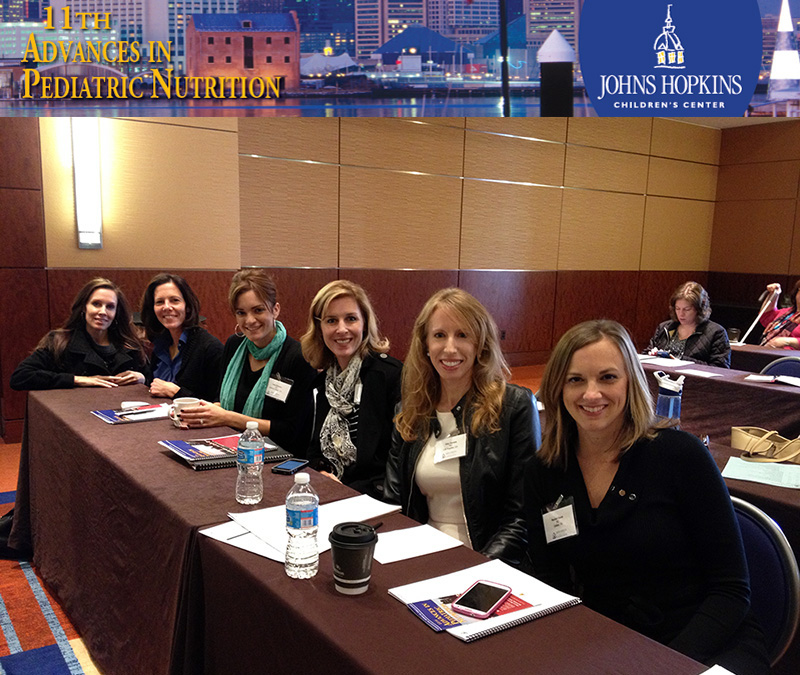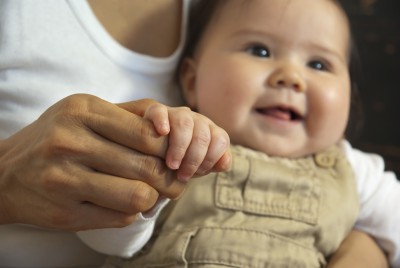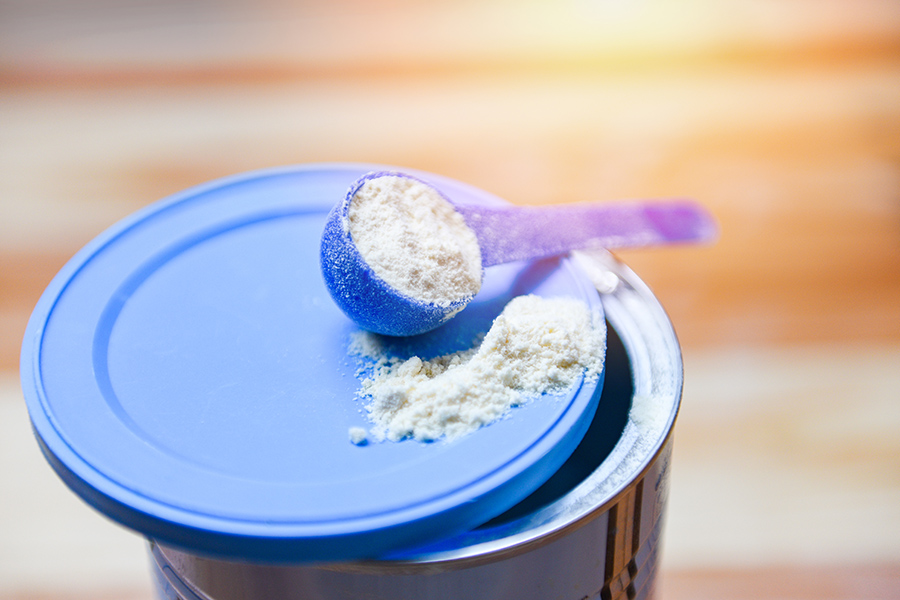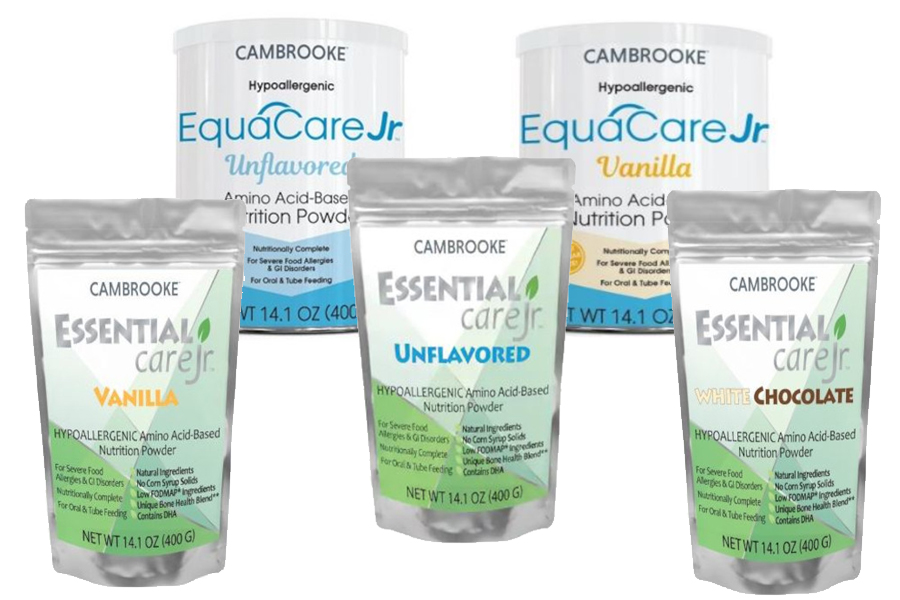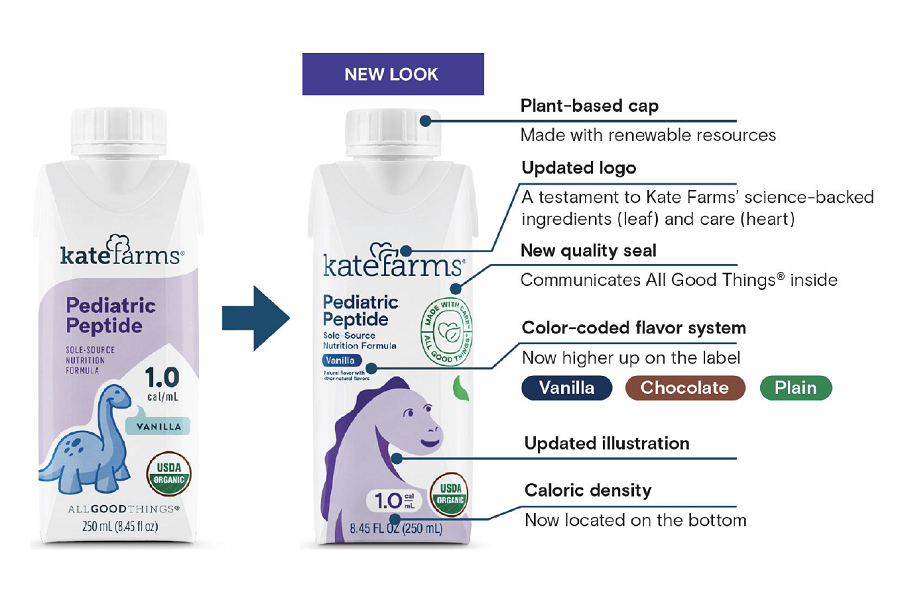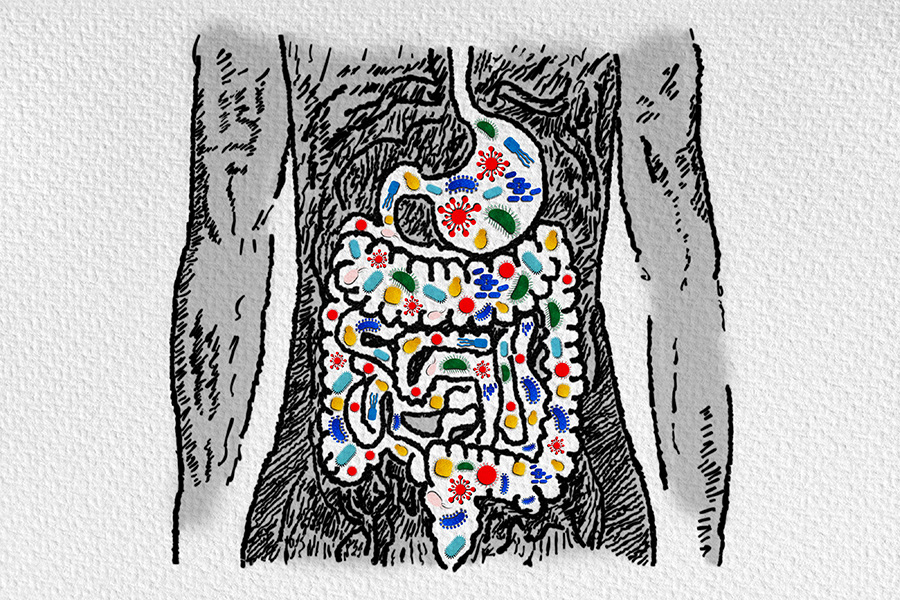C8H10N402 : CAFFEINE
Caffeine has its benefits, but it also has some negatives. You probably wouldn’t dare question such an essential ingredient for your early morning regimen and mid-day slumps; but how much caffeine is too much?
If you find yourself craving coffee at the wee hours of the morning or even throughout your day, you are not alone. An astonishing 130 million people in the U.S. alone enjoy a cup of coffee each day. We use caffeine to increase wakefulness, alleviate fatigue, and improve concentration and focus. The amount of caffeine needed to produce effects varies from person to person, depending on body size and degree of tolerance. Moderate coffee consumption is associated with a lower overall risk of cancer and decreased risk of cardiovascular disease.
Let’s Talk Numbers…Experts suggest that less than 400 milligrams of caffeine a day is safe for most healthy adults, which is approximately 3-4 cups of coffee or 8-10 cans of your favorite soda. Keep energy drinks down to about 2 cans/day. So you drink more than 4 cups a day? Research has shown that individuals who are heavy caffeine users – more than 400 milligrams a day – may experience mild side effects, including:
• Insomnia • Irritability • Nervousness • Upset stomach • Restlessness/Jitteriness • Increased heart rate
Other side effects may include: • High Blood Pressure • High Blood Sugar • Decreased Bone Density •Muscle tremors
That’s a Latte Caffeine, What Can I Do to Curb My Dependency? Here are some suggestions to integrate into your daily schedule to help cut caffeine intake. Keep track of how much caffeine you’re ingesting from beverages throughout the day. Cut back gradually. Try to bring one less soda into work that day or skip on that Grande Americano at your local Starbucks. It will not only cut your caffeine intake but it will save you some money. Try decaf coffee for just ONE cup of java per day. Often the taste and look are identical but without the side effects that come with coffee. Use herbal teas when choosing tea. Herbal teas are generally caffeine-free. Read labels of your favorite beverages. Choose caffeine-free beverages, especially later in the day, to ensure a restful night’s sleep.
So What Does This Mean to Me? If you are one of the 75% of Americans who drink caffeine as part of your daily routine, do not fear. Most often caffeine does not pose any health problems but be mindful if you ingest more than 400 milligrams a day. Here is the amount of caffeine in some popular beverages:
Sources:
Mayo Clinic Caffeine: How Much is too Much?
Web MD: Pros and Cons of the Caffeine Craze
Harvard School of Public Health; Coffee by the Numbers
Journal of Food Science, 2010; Pediatrics, 2011; USDA National Nutrient Database for Standard Reference, Release 26; Journal of Analytical Toxicology, 2006; Starbucks, 2014; Food and Chemical Toxicology, 2014; Keurig, 2014






